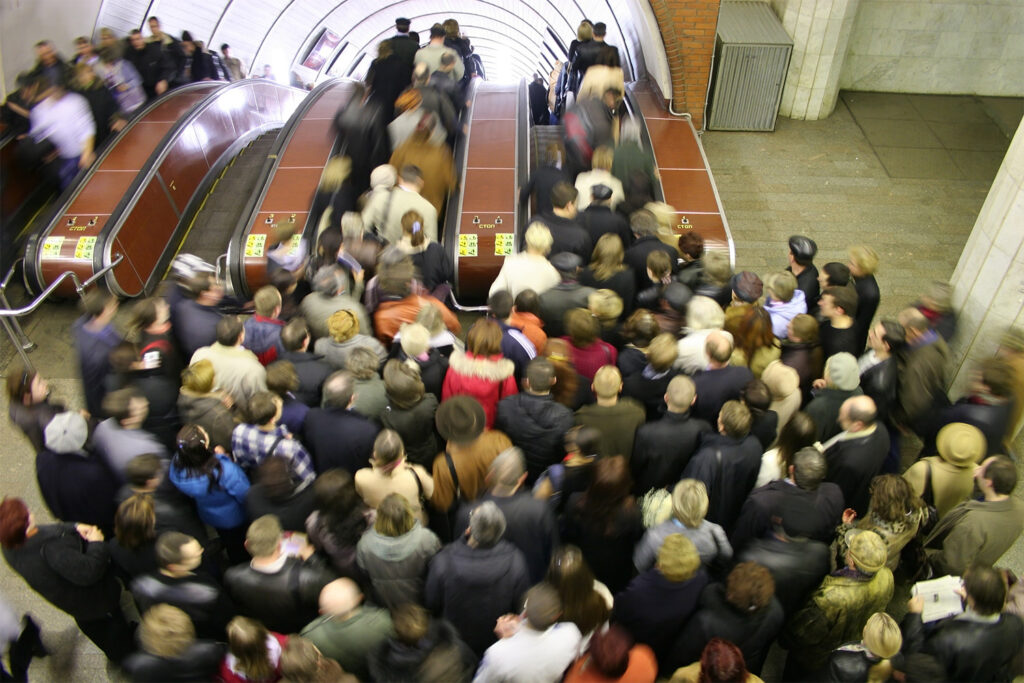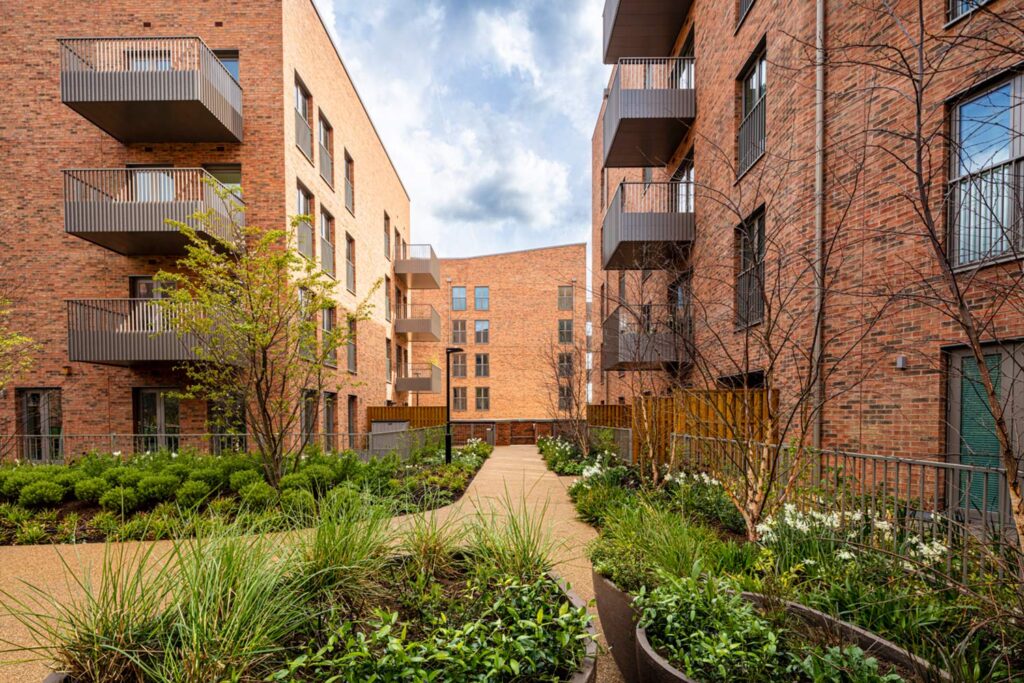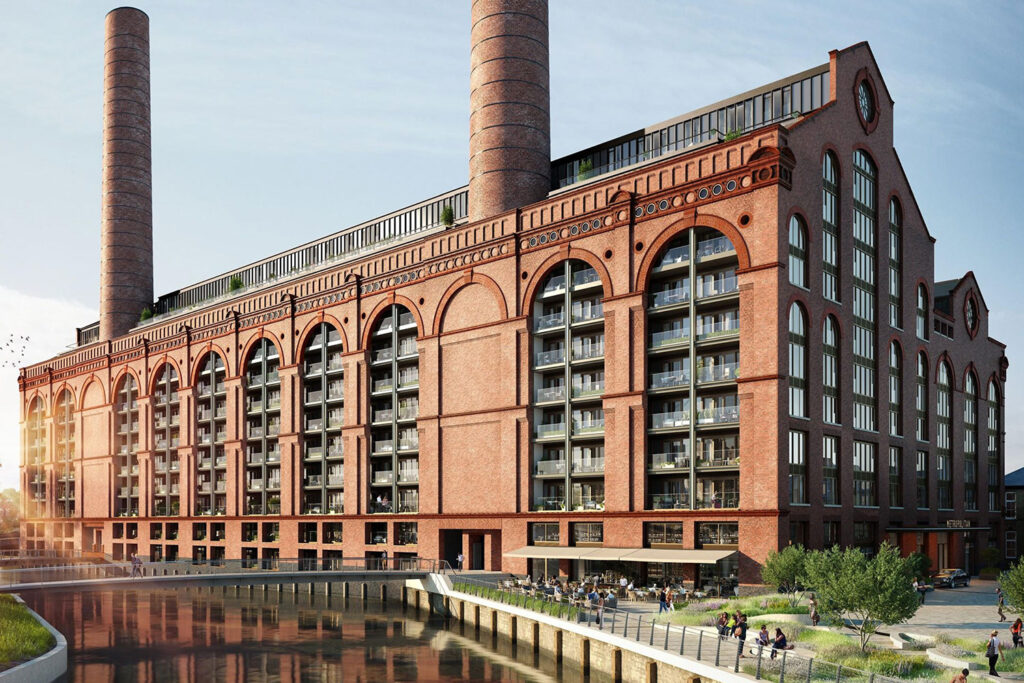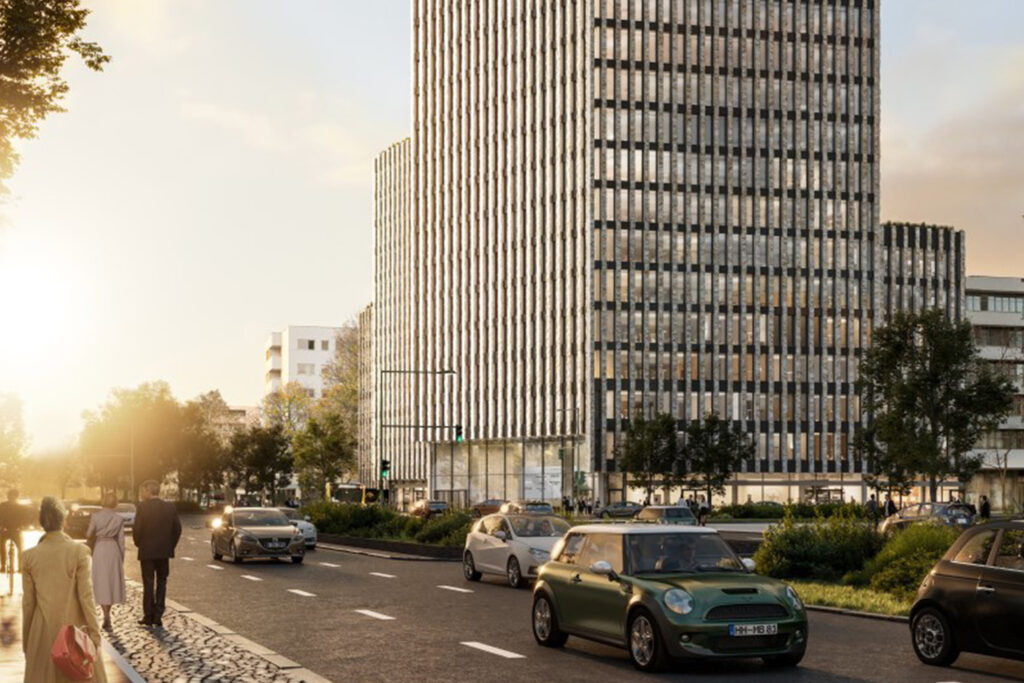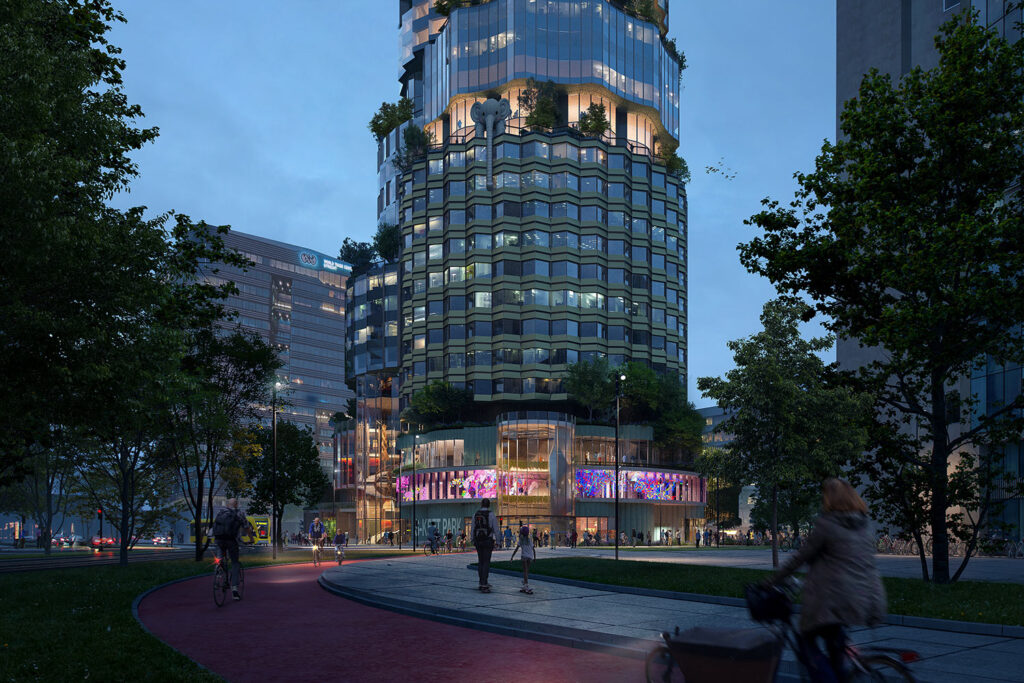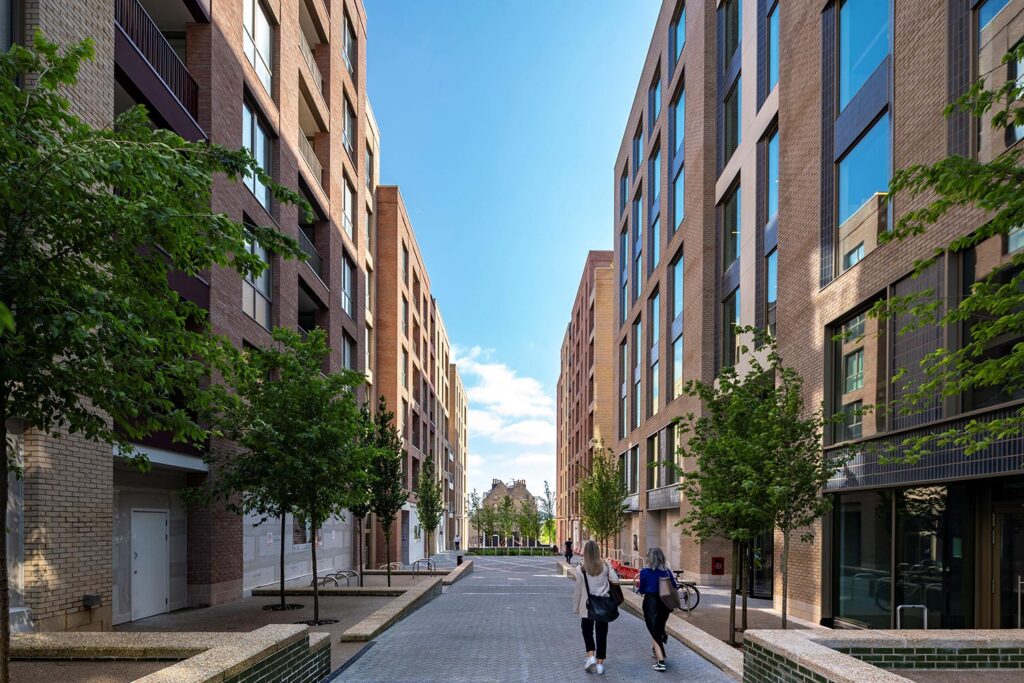Collective Impact Event
More than 20 industry thought leaders came together for Buro Happold’s Collective Impact event in honor of World Green Building Week.
The speed talks included a variety of personal experiences from a diverse range of panelists in the public and private sectors, and from non-profit and for-profit organisations.

Presentations such as ‘Buildings are Invisible’ (Sara Neff, Kilroy Realty) and ‘The Way we Build Buildings is Stupid’ (Eric Corey Freed, organicARCHITECT) were thought-provoking and made it clear that disruption and education are key to progress. Why do we care about eating organic produce and wearing fair trade clothing, but not yet about the air quality in our homes? The more we talk about these issues and help educate others, the faster change happens. We can also shake things up a bit and try new ways of building. What if carbon was no longer a byproduct but a building block, every surface could absorb Volatile Organic Compounds and CO2, could be a battery, sensor or heat sink. How about switch from cut, slash and burn to growing our buildings to be regenerative and to be healthy spaces for everyone to enjoy. Sustainability no longer only looks at saving the environment – it is now an umbrella that also encompasses social equity, diversity, resilience and health and wellbeing.
These events are no small feat and yet the discussion prompted is so important – the inspiration for us all to keep fighting the good fight!
Leigh Christy, Perkins+Will
Many of the presentations touched on similar threads related to family health and happiness, clean food production, and connecting to nature – our basic, fundamental need for health and wellbeing. The concept of ‘time equity’, the balance of time left after all of our survival needs are met, was introduced by Mike Echols (NVision Development Group). He encouraged the AEC and real estate industries to help communities generate more time equity which allows for entrepreneurship, investment, volunteerism, and creative pursuits.
Summary
In summary, we cannot continue to make decisions based on initial costs only – but need to look more holistically at paybacks, the environmental impact of decisions, the health of the overall community, and the productivity of people in our buildings and spaces. All that we do has an impact downstream. If you don’t already know about Lois Arkin who created LA’s EcoVillage, please click here to be inspired by this community that is demonstrating real processes to lower its environmental impact.
There is a need to foster active participants like this that support more connected and healthier lifestyles and behaviors. Robyn Eason (City of West Hollywood) described her city’s motto as embodying community, connectedness, togetherness and love, something we all need to replicate in every family, neighborhood, community and city throughout the world.
